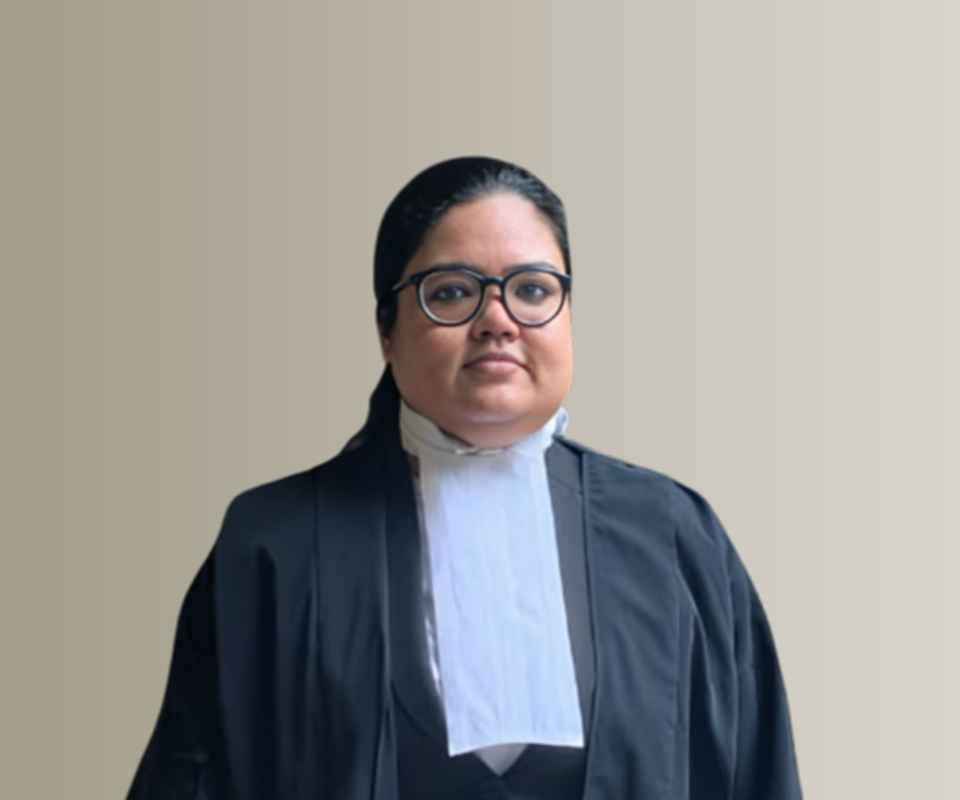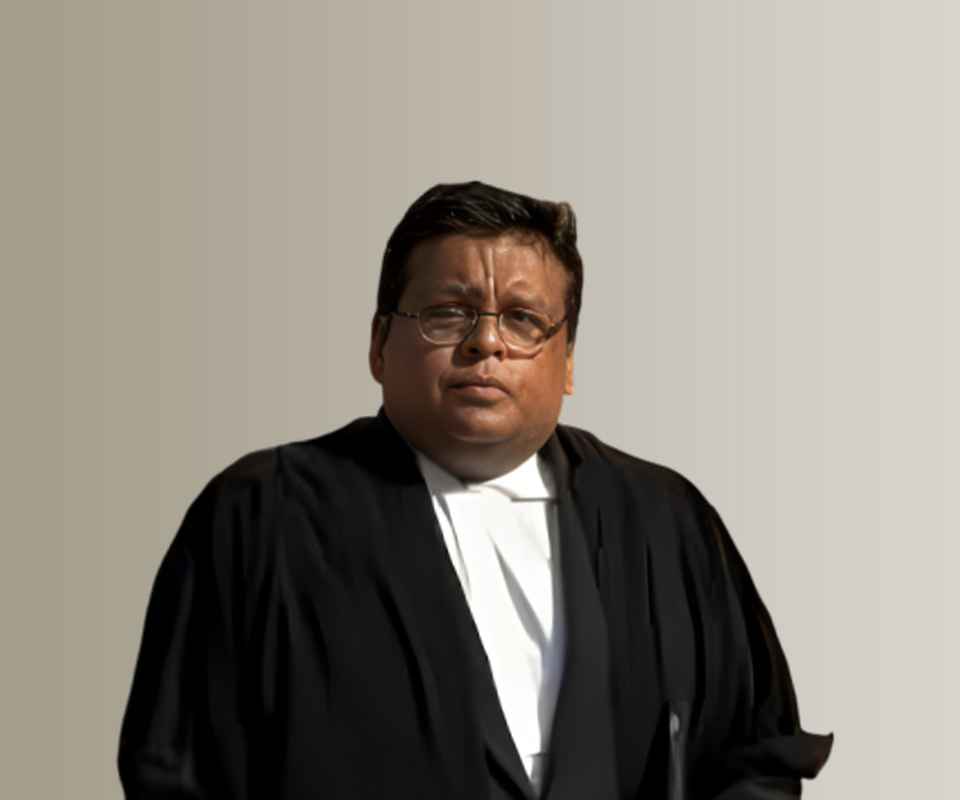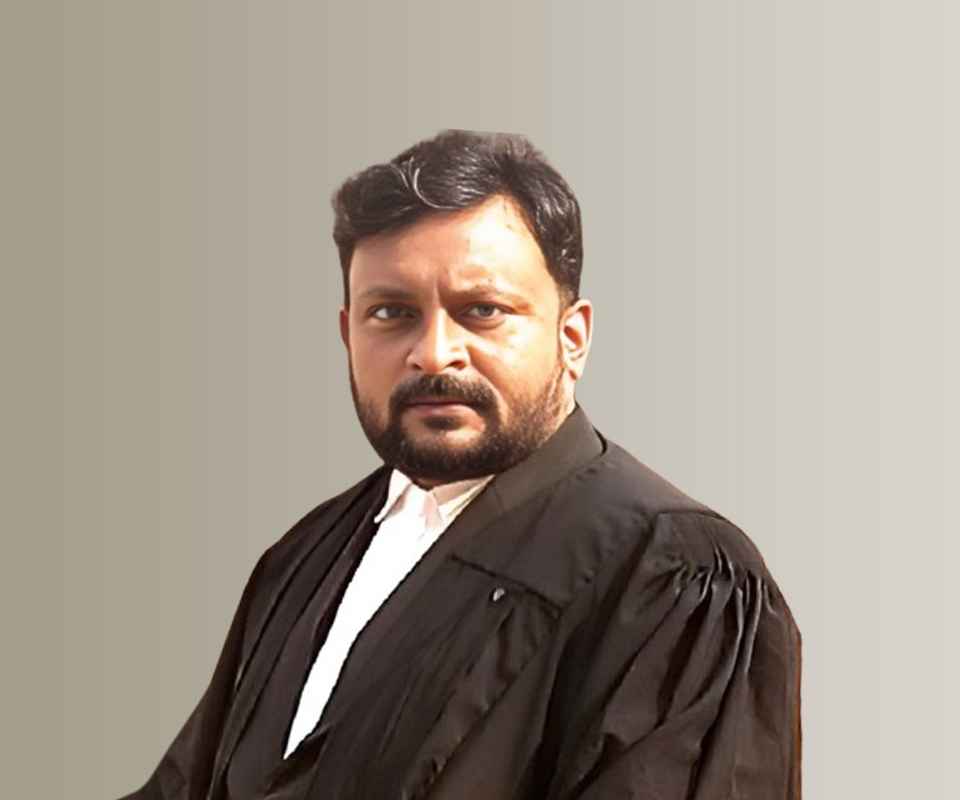Answer By law4u team
In India, child support (also referred to as child maintenance) is a financial obligation that a parent may owe to the child’s primary caregiver, often following a separation or divorce. Child support can generally be claimed for future payments, but the issue of retroactive (or backdated) child support is more complex and depends on various legal factors, including the circumstances of the case and the ruling of the court.
Retroactive Child Support in India:
Principle of Retroactive Claims:
In most cases, child support payments are intended to be made from the date of the court order onward. However, under certain circumstances, a parent may be able to claim retroactive child support. Retroactive child support refers to the possibility of seeking back payments for a period before the court order was issued. This may occur if there was a previous arrangement (even if informal) or if the custodial parent was forced to support the child on their own for an extended period.
When Can Retroactive Child Support Be Claimed?
Retroactive claims for child support can be made if:
- There Was a Delay in Filing the Petition: If the custodial parent did not immediately file for child support after the separation, the court may allow retroactive claims for child maintenance from the date of separation or from when the need for support arose.
- The Non-Custodial Parent Failed to Provide Support: If the non-custodial parent has been deliberately avoiding their responsibility to pay support, the custodial parent can claim retroactive support for the time period during which the non-custodial parent failed to contribute.
- Previous Agreements or Informal Arrangements: If there was an informal agreement or previous arrangement for child support that was not legally formalized, a parent may claim retroactive child support for the period when that informal agreement existed.
Court’s Role in Granting Retroactive Support:
Courts in India will consider several factors before granting retroactive child support:
- The Financial Situation of Both Parents: The court will assess the financial capacity of the non-custodial parent to pay retroactive support. If the non-custodial parent has been financially capable of making payments but has refused to do so, the court may be more inclined to grant a retroactive claim.
- The Time Period in Question: Courts typically do not award retroactive child support for excessively long periods. The support is usually granted for a reasonable period, depending on the specific circumstances, such as the time elapsed since the separation or the date of the original petition.
- The Best Interests of the Child: In all cases, the child’s welfare is the primary consideration. If the child has suffered due to the non-payment of support, the court is likely to allow retroactive claims to ensure the child's needs are met.
Legal Procedures for Claiming Retroactive Support:
The steps for claiming retroactive child support in India include:
- Filing a Petition in Family Court: To claim retroactive child support, the custodial parent must file a petition in the family court. This petition will outline the details of the claim, including the period for which support is being requested, the amount of support, and the reasons for the delay in filing the claim.
- Court Order for Back Payments: If the court decides to grant retroactive support, it will issue an order for the non-custodial parent to make the back payments. The court may also determine whether the payments should be made in installments or as a lump sum.
- Enforcement of the Court Order: Once retroactive child support is awarded, the custodial parent can seek enforcement through the court. This could involve garnishment of the non-custodial parent's wages, attachment of property, or other legal measures to ensure the payments are made.
Limitations on Retroactive Claims:
Indian courts generally impose limitations on how far back retroactive child support can be claimed. While a custodial parent may be able to claim support from the date of separation or the filing of the petition, it is unlikely that the court will award support for an extended period in the past unless there is evidence that the non-custodial parent was willfully neglecting their responsibility.
Example:
A mother has been raising her child on her own for three years after separating from her husband. The father has not contributed to child support during this time, despite being financially capable. After three years, the mother files a petition in the family court for child support, seeking retroactive support for the past three years.
In this case, the court may grant retroactive support for the period from the date of separation or the time when the mother began supporting the child on her own, depending on the financial capacity of the father and whether the mother can provide evidence of the father's neglect of his support obligations.
If the court determines that the father deliberately avoided his responsibilities, it may order back payments, either as a lump sum or in installments, to ensure the child’s financial needs are met.
Conclusion:
While child support is generally awarded prospectively from the date of the court order, retroactive claims are possible under certain conditions. If a parent can prove that the non-custodial parent failed to provide support or that the custodial parent had to independently meet the child's needs, the court may grant retroactive child support. Courts consider various factors, including the financial situation of the parents and the child's welfare, when deciding whether to award back payments. The process requires filing a petition in family court and providing sufficient evidence to justify the claim for retroactive support.







